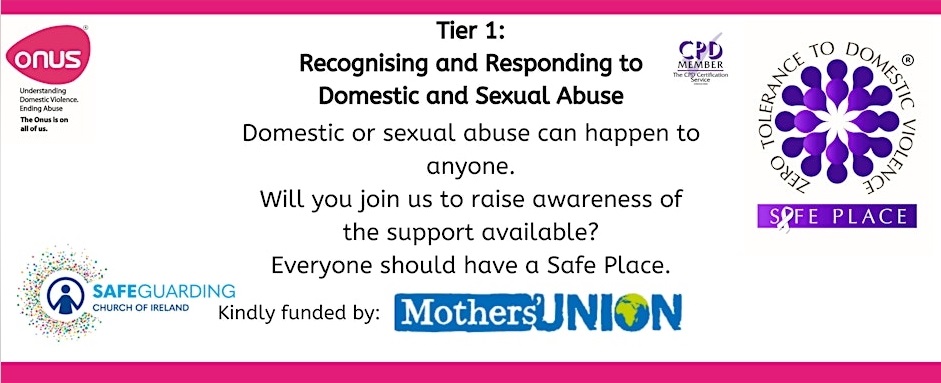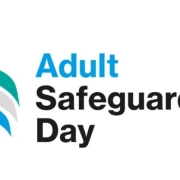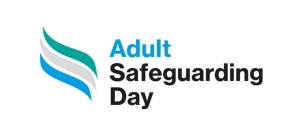It shows that clear differences by sex and age were evident as over half or 52% of women experienced sexual violence in their lifetime compared with 28% of men.The people who took part in the CSO’s Sexual Violence Survey 2022 were aged 18 and over.
They were randomly selected without any prior knowledge of their background or life story.
Those who took part represented a broad cross-section of the population of Ireland, with a mix of ages and sex, across urban and rural areas and from every county.
In terms of age, around 65% of women aged 18-24 experienced sexual violence in their lifetime compared with 17% for men aged 65 and over.
Six times more women experienced non-consensual sexual intercourse as an adult than men.
It found that 18% of women experienced non-consensual sexual intercourse compared with 3% of men.
The data also shows that child sexual violence was experienced by men and women across all age groups, but young women (aged 18-24) reported the highest levels.
For example, unwanted sexual intercourse as a child was reported by 10% of women aged 18-24 compared with 2% of men in this age group.
New data on the prevalence of sexual violence from the CSO shows that almost eight in ten adults who experienced sexual violence at least once in their lifetime knew the perpetrator, with very little difference between women and men.
About half of adults or 47% who experienced sexual violence in their lifetime told someone about it, whether that was to one person, many people or a group or organisation.
Just over half of women or 53% who experienced sexual violence in their lifetime told someone compared with a third of men or 34%.
CSO Statistician Helen McGrath said this was the first of a series of publications on sexual violence – and more detail on the main findings would be available in the months to come.
“It is stark information we are providing today … it is uncomfortable reading at times. We will be able to provide more insight in the months to come,” Ms McGrath said.
She said she hoped the information provided today would inform policymakers to make better policy.
A publication on adult experiences will be published in May, childhood experiences will be in May/June, and a publication on disclosures will occur in June.
The next will focus on sexual harassment and finally a publication on attitudes will follow in July.
More than 4,500 people were surveyed for this study. There was a 37% response rate and it was predominantly conducted online.
‘Devastating consequences’
Services for victims of sexual violence have welcomed the CSO survey.
The Dublin Rape Crisis Centre, which offered support to the CSO in its work, noted the survivor-focused methodology used to help identify those impacted by sexual violence.
CEO Noeline Blackwell described the survey as “setting a new standard for defining sexual violence on an international level”.
She said it was shocking to see the level of sexual violence that persists in society today.
The National Women’s Council said it is dismayed but not surprised by the figures which show that 1 in 2 women will experience sexual violence during their lifetime and 1 in 5 will experience non-consensual sexual intercourse, which is rape.
Such a high incidence of sexual violence, according to the NWC, had “devastating consequences”, not just for individual women but for women and society as a whole.
The Women’s Council also said the statistic that 4 out of 5 women who experienced sexual violence knew the perpetrator, is important.
It also noted the CSO recognising that the figures may represent an under-reporting because of the nature of these crimes.
One in Four, which helps people who have experienced childhood sexual abuse, described the incidence of this type of abuse outlined in the survey as “alarmingly high”, despite all the revelations of child sexual abuse in the past twenty years and the positive developments in policy and child protection.
The organisation pointed out that if similar statistics referred to a childhood illness or disease it would be a national emergency.
“…new forms of child sexual abuse are evolving all the time, especially on the internet. This new research must be a wake-up call for us all and presents a serious challenge to the government, child protection services and law enforcement,” it said.
Speaking on RTÉ’s Drivetime, One in Four Chief Executive Meave Lewis said if child sexual abuse “was any other childhood illness, there would be an emergency response” and that Ireland was well placed to be able to “pilot and test various strategies”.
“I am thinking things like a schools education programme so we equip children to tell if they are concerned about anything that is happening to them and indeed an education programme around healthy sexuality,” she said.
The Rape Crisis Network of Ireland described the prevalence of sexual violence amongst young women as “particularly shocking”.
“While we must wait for subsequent reports for details on vital information on the gender of perpetrators, we know that male violence is a stark reality we need to face up to with increased commitment and determination.
“We need urgent action to tackle on-going misogyny and the unwillingness of a large proportion of males to view females as equal human beings as the root cause of this violence,” it said.
‘No little baby boy is born an abuser – what happens in our society, homes, schools – matters’
Minister for Justice Simon Harris described the report’s findings as “very concerning”.
He said what was “extremely concerning” from the CSO survey was that 500 people who took part in the survey had never told anybody about the sexual violence they encountered, other than the CSO “for the very first time”.
The minister said it is a “real indication of the scale of work that needs to be undertaken and is being undertaken in terms of changing culture, really trying to adopt a zero-tolerance approach”.
He said the statistic that is “probably the most harrowing, and if it doesn’t stop us in our tracks I am not sure what will, is that nearly 1 in 5 women have experienced rape as an adult”.
Mr Harris agreed with the Rape Crisis Centre that further reform of the justice system is needed, where victims can feel safe in reporting what has happened to them, in safety and in confidence:
“A lot is being done on the criminal justice side, whether that is changing the law, like Coco’s law, for example, to make it an offence to share intimate images, or increasing sentencing for assault causing harm, or bringing forward a new sexual offences bill which I will do in the coming weeks that will reform the law around consent.
“But it is about an awful lot more – what the the report tells us is that the majority of adults – almost 8 out of 10 – who experience sexual violence experience it from someone they know – their partner, their friend, somebody in the workplace.
“No little baby boy is born an abuser – what happens in our society, homes, schools – matters.”
He acknowledged that on a “victim’s journey and the rollout of counselling”, the Government has more to do, but he said there is a €363 million plan to adopt a zero tolerance approach to domestic sexual and gender-based violence.
Anyone affected by the issues raised in the survey can contact the following helplines:
National Sexual Violence Helpline (for men and women) – 1800 778 888 or rapecrisishelp.ie
National Domestic Violence Helpline (for women) – 1800 341 900
Men’s Aid Ireland – 01 554 3811, a national support service for men, their children and families experiencing domestic abuse.
Other helplines can be accessed here.







